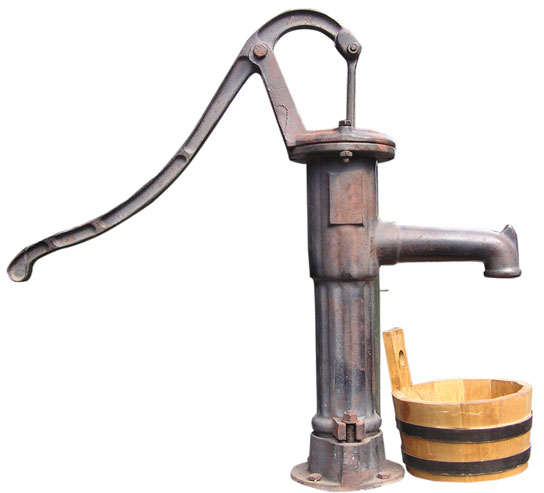
Here”™s some information about sugar and appetite that most people don”™t know. Of course, those of you on ICI/PRO may know it if you”™ve read my posts.
Anyway, here”™s the info.
Endorphins
Sugar triggers beta-endorphin, usually called endorphins. Endorphins inhibit the part of the brain that causes satiety — the feeling that we”™ve had enough food and don”™t need to eat more. That part of the brain is the VMH.
When we eat sugar, the VMH is blocked by the endorphins that sugar triggers. So we want more food at a given meal. Or we may want to eat again sooner than we normally would.
Endorphins can also change which foods we want, as mentioned in a previous post. They”™ll probably make you want more endorphin-triggering foods — those would be sugars or fats.
Either way, sugar is likely to change your food landscape.
Priming
Endorphins from sugar trigger another brain chemical, dopamine — just enough to make us want to eat more sugar. This is probably the best reason not to follow the common advice to eat a little bit of sugar when you crave it. (Terrible advice!)
Some people are more susceptible to this ‘priming”™ effect than others. If it affects you, you may find yourself wanting more sugar after you”™ve eaten just a little bit.
Withdrawal
People joke about being chocoholics or sugar addicts, but people who are affected by it know it isn”™t a joke. If you eat sugar often, you may find that you crave sugar when it”™s not around — or when some time has passed since you”™ve had any. That could be a sign of withdrawal.
If you”™re also feeling a little (or a lot) cranky, it most likely is withdrawal. If so, you”™ll probably crave sugar and eat more of it.
Bottom Line
Sugar can impact appetite dramatically. As covered in a previous post, it can also increase fat in our diets. Think of all the sugary foods — such as ice cream or chocolate cake — that contain a lot of fat, along with sugar. Those fats are typically not healthful ones, making a bad nutrition slam even worse.
By the way, alcohol can affect appetite in similar ways, and sometimes with even more impact than sugar. But that”™s a different post.
- New Year’s Resolutions: A Sugar Addict’s Survival Guide - April 15, 2024
- Motivation vs. Enthusiasm - October 12, 2023
- Why Exercise Shouldn’t Be Just One Thing - November 9, 2022
